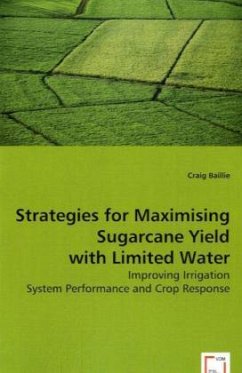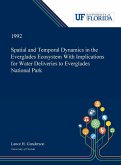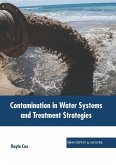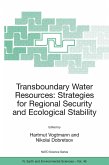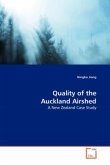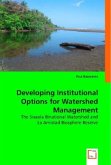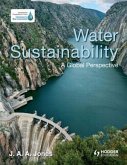Between 1995 and 2003 sugarcane farmers in Bundaberg had access to limited irrigation water. Over this time water allocations were effectively a quarter of the requirements for a fully irrigated crop. A change from the traditional practice of full irrigation is required as water supplies become depleted. As there were no clear guidelines on how growers could respond to diminishing water supplies, this research investigated opportunities to fine tune irrigation practices and the performance of irrigation systems (ie. low cost solutions) that would assist growers to maximise sugarcane yield.Improvements in irrigation system performance were found to provide the greatest potential to increase sugarcane yield. Investigations identified that irrigation performance could be significantly improved through relatively minor adjustment. Irrigation timing had less effect due to the low volume of water available, relative to the crops total demands.
Bitte wählen Sie Ihr Anliegen aus.
Rechnungen
Retourenschein anfordern
Bestellstatus
Storno

